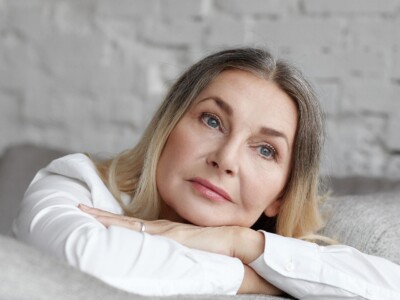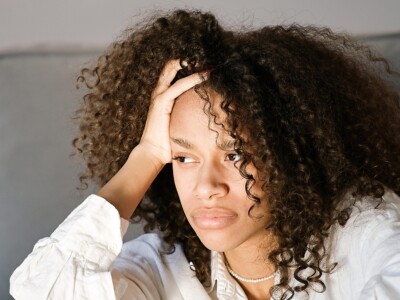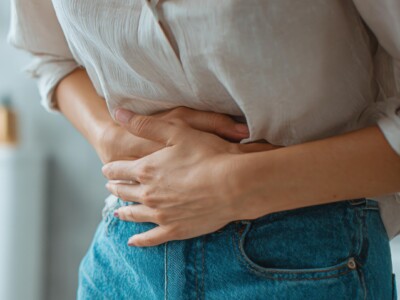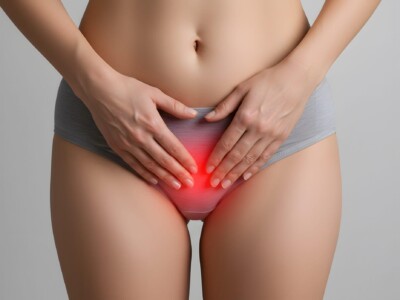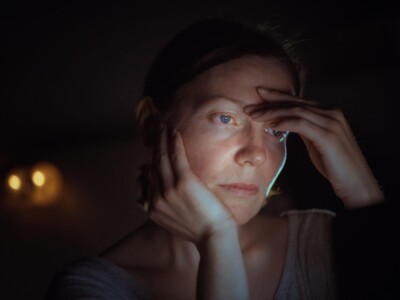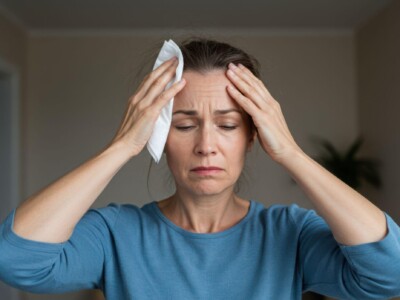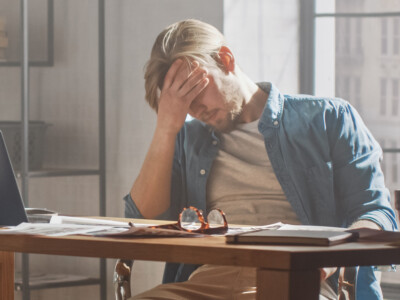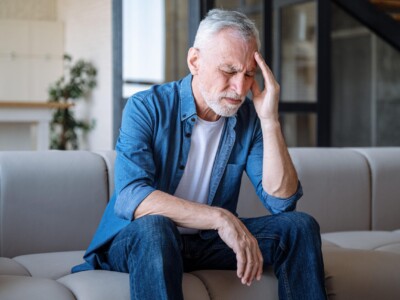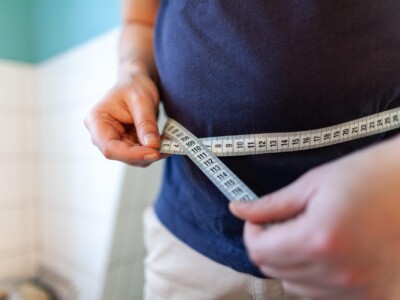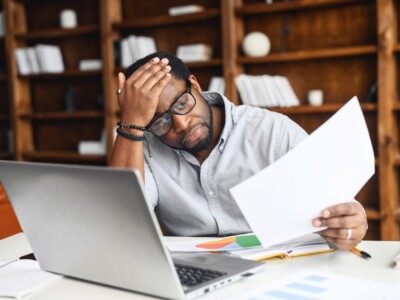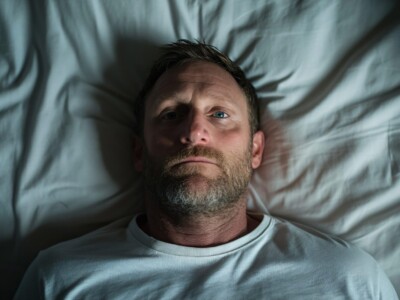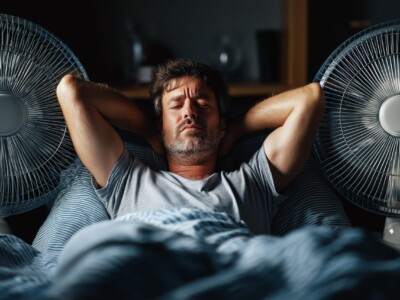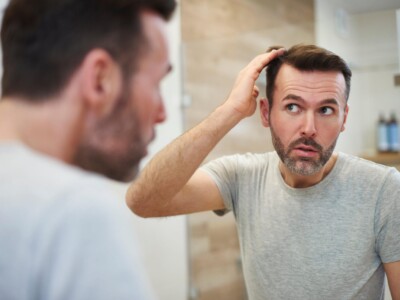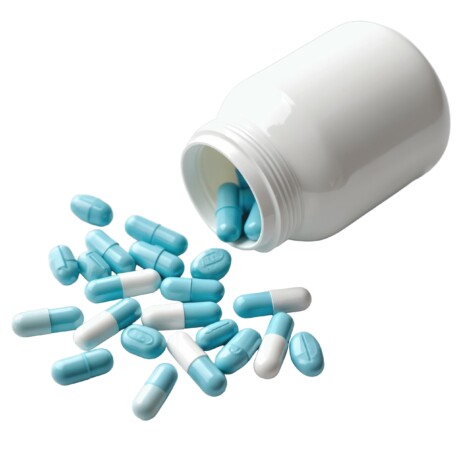Personalized Care for Women & Men
Common Causes of Hormonal Imbalance in Women
Answers to Common Questions
Hormone Optimization FAQs for Women
-
What is a hormone imbalance in women?
A hormone imbalance occurs when your body has too much or too little of a key hormone like estrogen, progesterone, testosterone, or thyroid hormone. Since these hormones regulate everything from mood and metabolism to sleep and sex drive, even a small imbalance can cause noticeable symptoms like fatigue, weight gain, hot flashes, and anxiety.
-
At what age do women's hormone levels start to decline?
While menopause is the most well-known transition, hormonal decline often begins much earlier. Many women start to experience fluctuations and a drop in progesterone and testosterone during perimenopause, which can start in their late 30s or early 40s.
-
Are my symptoms just a normal part of aging?
While hormonal decline is a natural part of aging, the disruptive symptoms that come with it, like severe fatigue, debilitating hot flashes, anxiety, and painful intercourse, are not something you have to accept. These are signs of a treatable medical condition. Hormone optimization is about improving your quality of life, not just accepting a decline.
-
Can stress and poor diet really affect my hormones?
Absolutely. Chronic stress increases cortisol, which can suppress progesterone and disrupt your entire endocrine system. Similarly, diets lacking essential nutrients like B vitamins, magnesium, and healthy fats impair your body's ability to manufacture and balance hormones. This is why the Evexipel Method takes a whole-body approach.
Common Causes of Hormonal Imbalance in Men
Answers to Common Questions
Hormone Optimization FAQs for Men
-
At what age do men's
testosterone
levels start to decline?
Testosterone levels can begin to decline gradually in a man's late 20s or early 30s, typically by about 1-2% per year. The effects of this decline, known as andropause, often become more noticeable in a man's 40s and 50s.
-
Are my symptoms just a normal
part of aging?
While hormonal decline is age-related, the symptoms that come with it, like severe fatigue, low libido, and muscle loss, are not something you have to accept as "normal." These are signs of a medical condition that can be effectively treated. Optimization is about improving your quality of life, not just accepting a decline.
-
Can stress and poor diet really
affect my testosterone levels?
Absolutely. Chronic stress increases cortisol, which directly suppresses testosterone production. Similarly, diets lacking essential nutrients like zinc, vitamin D, and healthy fats impair your body's ability to manufacture hormones. That's why the Evexipel Method takes a whole-body approach.
-
Besides aging, what else could
be
causing my symptoms?
While andropause is common, many other factors can cause or worsen hormonal imbalance in men. These include thyroid dysfunction, metabolic syndrome (insulin resistance and belly fat), adrenal dysfunction from chronic stress, and specific nutrient deficiencies. An expert Evexipel provider will investigate all potential causes.




